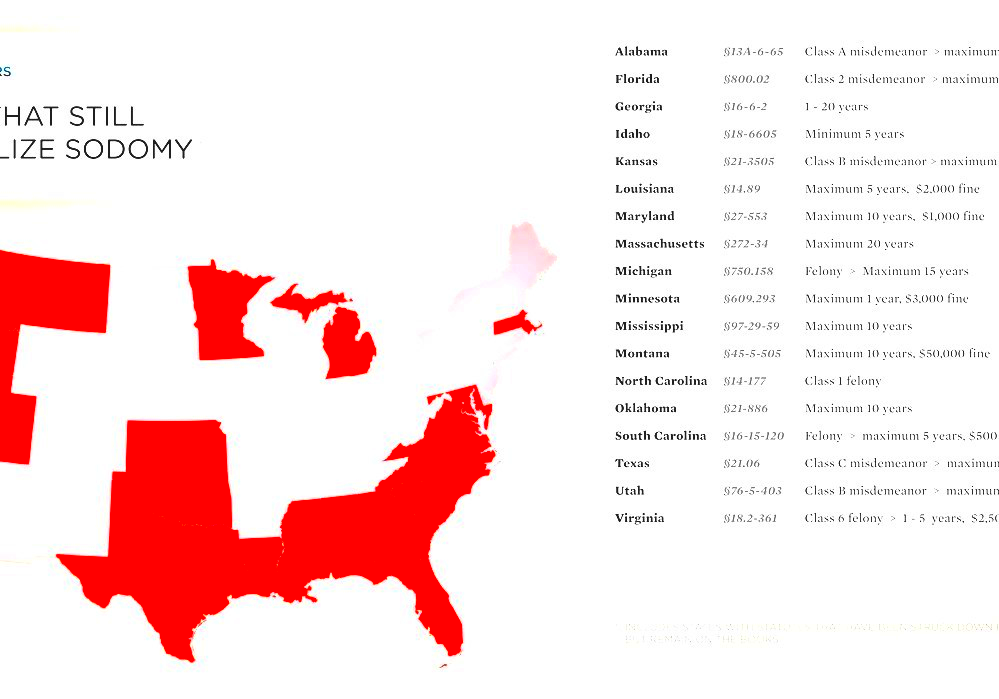Exploring Louisiana Romeo and Juliet Laws
If you’re not acquainted with Louisiana’s Romeo and Juliet laws they might seem a bit tricky to understand. The purpose of these laws is to offer some support to couples who run into trouble due to age differences. In Louisiana these laws aim to prevent serious charges from being brought against teenagers who are close in age and involved in consensual relationships. This legal system helps ensure that young individuals aren’t unfairly punished for relationships that are seen as normal for their age group. Let’s take a closer look at what these laws involve and how they function in real life.
What Are Romeo and Juliet Laws?

Romeo and Juliet laws are designed to tackle the legal challenges related to consensual relationships among minors who are close in age. The term is derived from Shakespeare’s renowned tale of love where the young lovers face societal disapproval for their bond. These laws aim to protect individuals from severe consequences for what is generally perceived as a typical teenage romance.
In simple terms Romeo and Juliet laws usually provide an exemption for couples who are close in age. For instance if one person is an adult and the other is a minor but the age gap is small the law may permit their relationship without serious legal consequences. The goal is to differentiate between actions and consensual relationships between teenagers.
How Louisiana’s Laws Differ from Other States

Louisiana has a way of handling Romeo and Juliet laws that stands out from the rest of the country. Unlike most states that offer a close-in-age exemption, Louisiana’s laws are quite precise when it comes to the age gap and the associated legal repercussions.
Take a look at how Louisiana’s laws stand apart from the rest.
- Age Difference: Louisiana typically allows a close-in-age exemption when the age difference between partners is no more than 4 years.
- Legal Penalties: Unlike some states where even minor violations can lead to severe penalties, Louisiana aims to reduce the severity of charges when the age difference is minimal.
- State-Specific Conditions: Louisiana’s laws include conditions related to the nature of the relationship and consent, providing a nuanced approach compared to more rigid laws in other states.
In my view grasping these distinctions is essential for anyone dealing with legal matters concerning age and relationships. While the legal framework may appear intricate being aware of the details can prevent unnecessary complications and offer greater safeguards for young couples, who are navigating their formative years.
Key Provisions of Louisiana Romeo and Juliet Laws
The Romeo and Juliet laws in Louisiana aim to strike a balance between safeguarding young people and acknowledging the existence of natural, age relationships. Its important for individuals involved in or concerned about these types of relationships to grasp the significance of these key provisions.
Here are the essential provisions:
- Age Difference Limitation: In Louisiana, the law typically allows for a close-in-age exemption when the age difference between partners is up to 4 years. This means if one partner is 16 and the other is 19, they may not face severe legal consequences as long as their relationship is consensual.
- Age of Consent: The legal age of consent in Louisiana is 17. However, the Romeo and Juliet laws offer some flexibility for those close in age, aiming to avoid criminal charges for relationships that are common among teenagers.
- Consensual Relationships: For the Romeo and Juliet exemption to apply, the relationship must be consensual. This means both parties are willingly involved, and there is no coercion or manipulation involved.
- Penal Provisions: If the age difference exceeds the specified limit or if the relationship involves coercion, the individuals involved may face criminal charges. The laws are designed to protect minors from exploitation while acknowledging the nature of close-age relationships.
These rules show a careful way of dealing with teenage relationships trying to avoid harsh consequences for things that are usually part of growing up. I’ve witnessed firsthand how knowing these nuances can greatly impact how we handle legal issues and ensure that young individuals are treated justly.
Age Differences and Legal Implications
Grasping the impact of age gaps through Louisianas Romeo and Juliet laws is crucial for individuals involved in or impacted by these types of relationships. The legal structure aims to navigate the complexities of connections between minors and young individuals.
Lets delve deeper into how variations in age impact legal results.
- Close-Age Exemption: As mentioned earlier, Louisiana’s law provides a close-age exemption, usually within a 4-year age gap. This means that if one person is just under 18 and their partner is a few years older, they may be protected from severe legal penalties.
- Legal Boundaries: If the age difference exceeds 4 years, the legal protections of the Romeo and Juliet laws may not apply. This could result in charges related to statutory rape or other serious offenses, depending on the circumstances.
- Parental Consent: In some cases, parental consent can play a role in mitigating legal issues, though this varies. If both families are supportive and the relationship is consensual, it might help in legal evaluations.
- Judicial Discretion: Courts may exercise discretion in cases involving close-age relationships. They consider the nature of the relationship, the level of consent, and other factors before deciding on the severity of the legal consequences.
Seeing situations where the age gap is only a few years highlights the importance of grasping these legal limits. It goes beyond staying out of issues; it’s about making sure that the relationships of young individuals are seen in the right light.
Legal Consequences for Violating the Laws
Breaking the Romeo and Juliet laws in Louisiana can result in serious legal repercussions, particularly if the relationship doesn’t adhere to the established protective boundaries. The severity of these consequences can vary from relatively minor legal penalties to more serious criminal charges based on the details of the situation.
Here’s what you need to know:
- Criminal Charges: If the age difference exceeds the legal limit or if the relationship involves coercion, individuals may face charges of statutory rape or similar offenses. These charges can lead to a criminal record and other long-term consequences.
- Sex Offender Registration: In some cases, individuals convicted of statutory rape may be required to register as sex offenders. This can have serious implications for one’s personal and professional life.
- Legal Defenses: Defenses may be available if the relationship was consensual and met the close-in-age criteria. Legal representation is crucial in these cases to navigate the complexities and protect one’s rights.
- Impact on Future: A conviction can impact future opportunities, including employment and education. It’s important to consider these long-term effects when dealing with legal issues related to age and relationships.
In my view witnessing the impact of breaking the law highlights the importance of grasping and dealing with the consequences. Making sure that youngsters are aware of the limits helps them make choices and steer clear of potentially life changing outcomes.
Conclusion
Louisianas Romeo and Juliet laws show an understanding of young love offering a legal safeguard for couples who might otherwise face serious repercussions. However like many aspects of life being aware of these laws requires caution and mindfulness. Based on my own experiences and observations it’s evident that being informed about your rights and duties can have an impact. Whether you’re a parent, a young person or someone wanting to grasp the law more deeply investing time in learning and seeking guidance is vital. Ultimately these laws exist to shield rather than impose unnecessary punishment.


